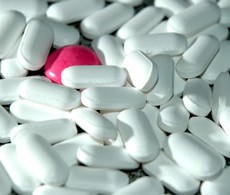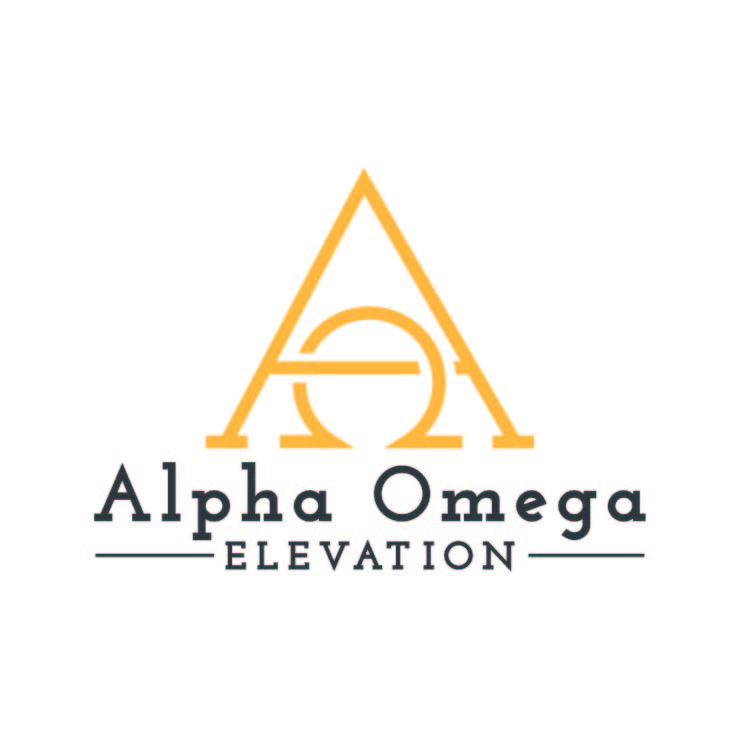Vicodin is amongst the most popular medication used in prescription drug abuse. Contrary to the usual belief that vicodin addiction is common amongst hardcore junkies or addicts, it is actually quite commonly found in regular people with normal lives and clean cut jobs. From housewives to small business owners, prescription drug addiction can hit people from all walks of life.
Vicodin is a pain killer and that is why used in pain management. It is an opioid by nature and gives a feeling of ‘high’ to the user. When a person takes an opioid it brings about certain chemical changes in the brain, which means if the opiate is taken regularly for a long period of time the user can become addicted to it. This is why vicodin addiction can develop even when it is used for legitimate medical reasons. The most common symptoms if prescription drug abuse include:
- Strong craving for the drug to even get through the day
- Extreme physical and emotional dependence on the drug
- Suffering severe vicodin withdrawal symptoms when one stops taking the drug suddenly
Vicodin Addiction Treatment
 As it is with any other prescription drug addiction, vicodin abuse can have some really devastating consequences on an individual’s life. Usually vicodin addiction treatment programs begin with detoxification that is medically supervised. A complete rehab program include individual counseling, family programs, group therapy and several other components of therapy that help in building a strong foundation for a healthy life and long term recovery.
As it is with any other prescription drug addiction, vicodin abuse can have some really devastating consequences on an individual’s life. Usually vicodin addiction treatment programs begin with detoxification that is medically supervised. A complete rehab program include individual counseling, family programs, group therapy and several other components of therapy that help in building a strong foundation for a healthy life and long term recovery.
Benefits of Suboxone Treatment in Vicodin Addiction
Suboxone treatment is a popular choice for vicodin addiction rehab and is used in the initial stage of the addiction management program. Suboxone works as a substitute for vicodin in the brain of the addict, with of course less risk of addiction. When a user switches to suboxone in place of vicodin he will:
- Not undergo the severe vicodin withdrawal symptoms
- Be able to curb drug cravings
- Not get euphoric or the feeling of being high
- Progress towards an addiction free life with minimal danger of relapse





